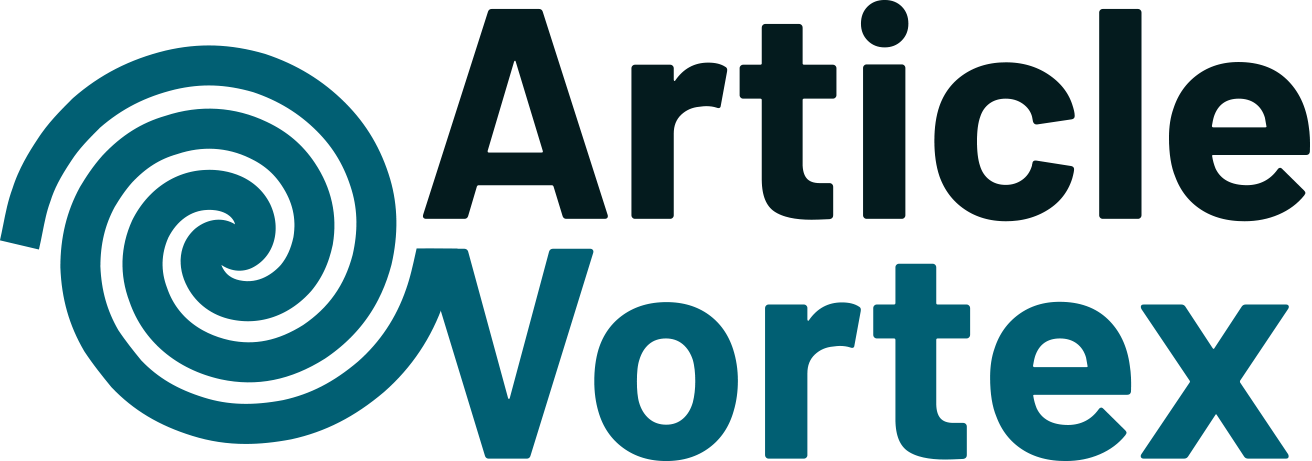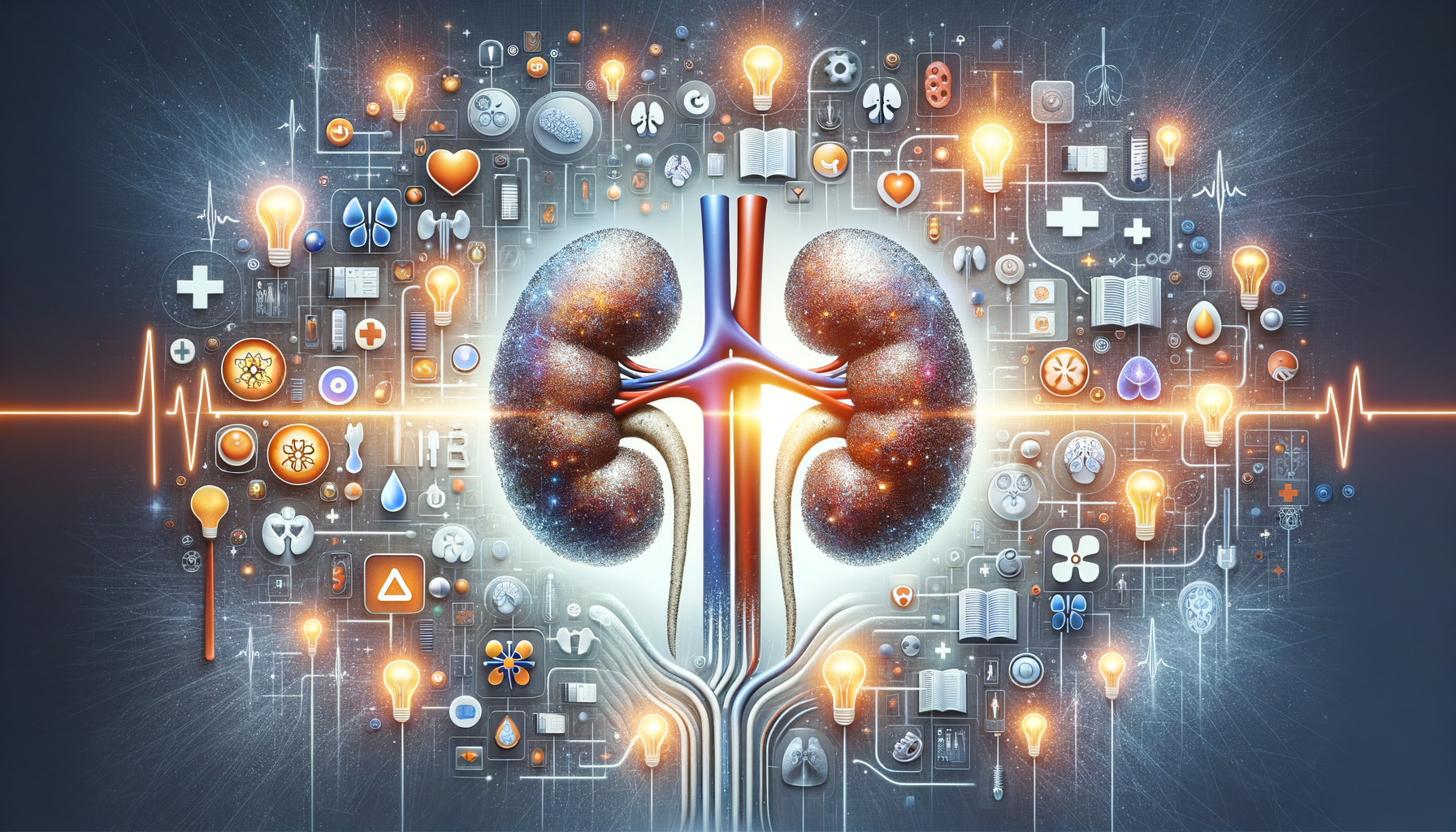Understanding Chronic Kidney Disease
Chronic Kidney Disease (CKD) is a medical condition characterized by a gradual loss of kidney function over time. The kidneys play a crucial role in filtering waste and excess fluids from the blood, which are then excreted in urine. When kidney function declines, waste products and fluid can build up in the body, leading to various health issues. CKD is often caused by diabetes, high blood pressure, and other disorders that damage the kidneys. Understanding the underlying causes of CKD is essential for developing effective therapeutic approaches. Early diagnosis and treatment can slow the progression of the disease, improve quality of life, and reduce the risk of associated complications such as cardiovascular disease.
Conventional Medical Treatments
Conventional medical treatments for CKD aim to manage symptoms and slow disease progression. These treatments often include medications to control blood pressure, blood sugar, and cholesterol levels, as these factors can exacerbate kidney damage. Angiotensin-converting enzyme (ACE) inhibitors and angiotensin II receptor blockers (ARBs) are commonly prescribed to protect kidney function by reducing blood pressure and proteinuria. Additionally, patients may be advised to follow a low-protein diet to reduce the kidneys’ workload. Regular monitoring of kidney function through blood and urine tests is crucial to assess the effectiveness of these treatments and make necessary adjustments. While these conventional approaches can be effective, they may not be sufficient for all patients, necessitating the exploration of alternative therapies.
Alternative and Complementary Therapies
Alternative and complementary therapies for CKD are gaining attention as potential adjuncts to conventional treatment. These therapies include dietary supplements, herbal remedies, acupuncture, and mind-body practices such as yoga and meditation. Some studies suggest that certain supplements, like omega-3 fatty acids and antioxidants, may have beneficial effects on kidney health by reducing inflammation and oxidative stress. Herbal remedies, such as those derived from traditional Chinese medicine, are also being explored for their potential to support kidney function. However, it’s important to approach these therapies with caution, as their efficacy and safety may not be well-established. Patients should always consult with their healthcare providers before incorporating alternative therapies into their treatment regimen to ensure they do not interfere with conventional treatments.
Innovative Therapies and Research
Recent advancements in medical research have led to the development of innovative therapies for CKD. One promising area of research is regenerative medicine, which explores the potential of stem cells to repair and regenerate damaged kidney tissue. Clinical trials are underway to assess the efficacy and safety of stem cell therapies in slowing CKD progression and improving kidney function. Another area of interest is the use of targeted therapies, which aim to address specific molecular pathways involved in kidney damage. For example, researchers are investigating drugs that target fibrosis, a common feature of CKD that leads to scarring and loss of kidney function. While these therapies are still in the experimental stages, they hold promise for transforming the treatment landscape for CKD in the future.
Conclusion: Navigating Treatment Options
For individuals living with chronic kidney disease, understanding the array of therapeutic options available is crucial for managing the condition effectively. While conventional treatments remain the cornerstone of CKD management, alternative and innovative therapies offer additional avenues for support. Patients should work closely with their healthcare providers to develop a personalized treatment plan that considers their unique medical history, lifestyle, and preferences. By staying informed about the latest research and treatment options, individuals with CKD can take proactive steps toward preserving kidney function and enhancing their quality of life.












